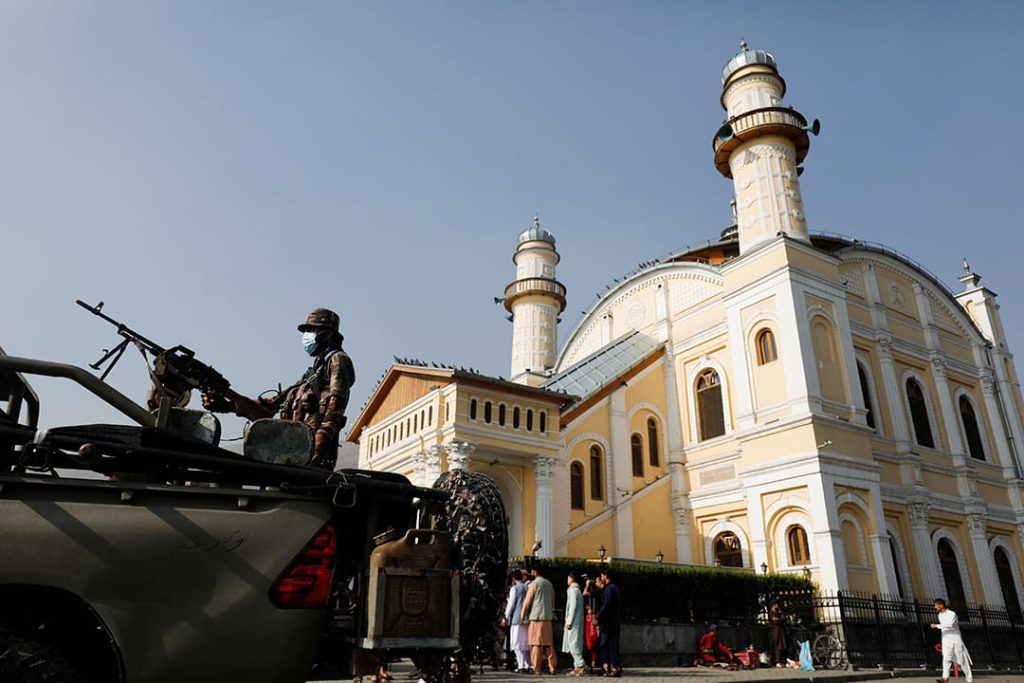The Afghan Taliban are increasingly facing resistance both domestically and internationally, with their governance policies and strategic choices creating significant challenges. Internally, the National Resistance Front, led by the Tajik and Hazara communities, has become a formidable force against the Taliban.
Attacks on critical locations, such as the Bagram Air Base, reflect the growing discontent among marginalized ethnic groups who have been excluded from governance. The Taliban’s non-inclusive policies have alienated large sections of the population, fueling rebellion and instability within the country.
On the international front, the Taliban’s continued support for terrorist groups has further isolated Afghanistan. The presence of safe havens for groups like the TTP has led to persistent cross-border attacks on Pakistan, worsening relations with its eastern neighbor.
Tajikistan has also expressed concerns about the Taliban’s policies, which threaten regional stability. This rising unease is fostering unity among neighboring countries, which are beginning to align against the Taliban’s approach.
Iran has taken a more tangible step by constructing a barbed wire fence along its border with Afghanistan, signaling the erosion of trust between the two countries. This development underscores the widening rift between the Taliban and Afghanistan’s neighbors, highlighting the regional ramifications of the Taliban’s governance style.
Tragically, it is the Afghan people who continue to pay the price for their rulers’ decisions. The Taliban’s refusal to embrace inclusive governance or adopt cooperative policies is pushing Afghanistan further into chaos and isolation. As the country grapples with internal resistance and deteriorating regional relations, its path forward appears fraught with uncertainty and strife.
The burden of these choices falls squarely on the Afghan population, who remain caught in the crossfire of a leadership unwilling to learn from the past. Without meaningful change, Afghanistan risks deeper instability, leaving its people to endure the consequences of their leaders’ actions.


